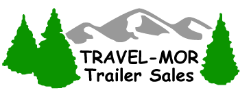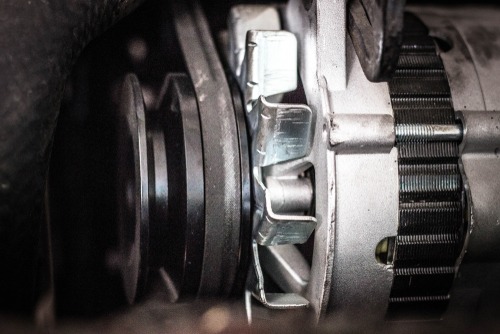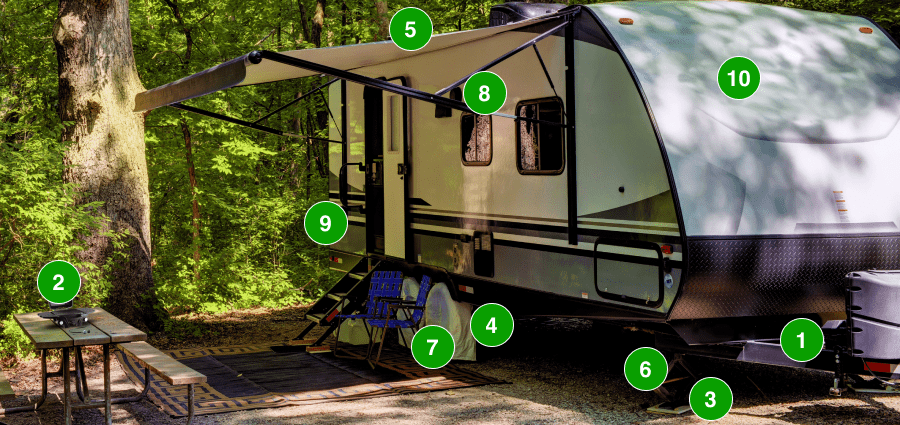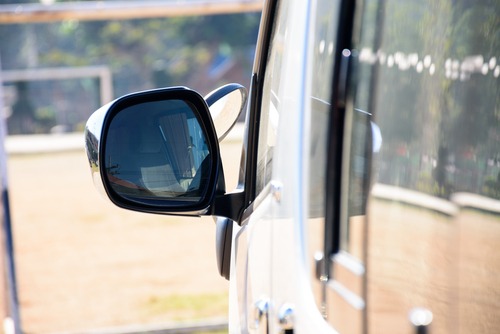
Everyone loves traveling and camping. It’s an adventure and a perfect opportunity to have some good and quality time with your friends, loved ones, and family. Traveling does require some upfront planning and with that in mind, preparing your RV for the new travel season should be included in your plans.
Road-tripping adventures are so much better with an RV on board, so we’ll go through some important steps that will help you get your RV fully up and ready for whatever may come. Most of the time, summer is considered to be the peak period for traveling and all sorts of outdoors activities, as this is that time of the year when most people and families are going on their vacations. Since many folks will take some time off while traveling in their RVs, we will take this opportunity to point out the most important things to know when preparing your RV for the road. We will presume that your RV was out of use for some time now and this is what you need to do before you hit the road.
Inspect your RV for any irregularities and wash it clean
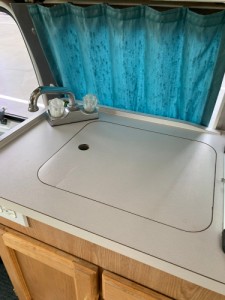 If your RV was out of use for some time, it will probably be dirty and the air inside will feel stale. So, the first step you should take is thoroughly cleaning your RV on the outside and the inside.
If your RV was out of use for some time, it will probably be dirty and the air inside will feel stale. So, the first step you should take is thoroughly cleaning your RV on the outside and the inside.
Last season probably made it all dusty and dirty so make sure that you remove all grime, dirt, and dust. The best product for such a purpose would be an RV wash-and-wax soap, although you can also use any gentle car soap. Use a recommended tire shine or wheel cleaner product to clean and shine your tires and wheels, as well as a high-quality metal polish for trim, mirrors, grill, and chrome bumpers. Don’t forget to check your undercarriage as well. Inspect the exterior very carefully as there’s no room for any mistakes here.
Check the sidewall and roof for cracked and missing sealant. If necessary, clean or remove old sealant and make sure that all seams are resealed, as you don’t want water to seep in. Leaks can cause very expensive damage and are particularly harmful on top of being pretty annoying. So, prevent the leaks by ensuring that all the roof seals are protected.
Check for wheel and tire issues
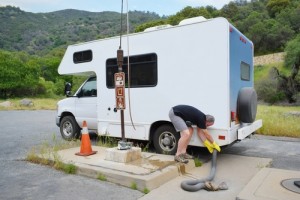 This should be a part of your regular maintenance routine, regardless of whether you’re planning on traveling or not.
This should be a part of your regular maintenance routine, regardless of whether you’re planning on traveling or not.
Tire and wheel issues can be extremely dangerous on the road, so you need to make sure you avoid endangering your life and the lives of your loved ones. Therefore, you need to check each tire for dry rot, wear, and cracks, as well as proper inflation pressure. If your tires need replacing, it’s better to do it before your traveling starts to make sure that your road adventures are comfortable and safe. Also, check your electric brakes, as they’ll probably need some adjusting too and you should also tighten all lug nuts on each wheel just to make sure.
The Battery
Batteries can die off in time, especially if they haven’t been used for a while. Also, there are cracks that tend to happen due to weather conditions and other factors. If you find any cracks, replace the battery. The best thing to do is to disconnect your battery and clean it properly from all the debris and dirt.
Make sure that you use a proper lubricant and a corrosion-resistant cleaner to clean the battery connections. If necessary, replenish the fluid and make sure your battery is fully charged before you reconnect it. Inspecting your battery before the road is one of the most essential steps to making your road trip a great experience.
Replenish fluids and check all filters
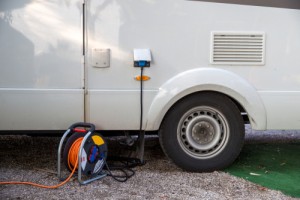 Most people forget about filters and fluids before storing their RV but these can cause trouble if left unchecked. So, part of your pre-traveling RV preparation routine should be checking these to make sure everything is in order. Install new filters and change the oil but, most importantly, check and verify the brake fluid as this is crucial for the safety of your trip. Then, check hydraulic, transmission, coolant, anti-freeze, and finally, windshield washer fluid levels.
Most people forget about filters and fluids before storing their RV but these can cause trouble if left unchecked. So, part of your pre-traveling RV preparation routine should be checking these to make sure everything is in order. Install new filters and change the oil but, most importantly, check and verify the brake fluid as this is crucial for the safety of your trip. Then, check hydraulic, transmission, coolant, anti-freeze, and finally, windshield washer fluid levels.
Test appliances and water lines
Since most RVs have a water system and appliances, you’ll need to check these as well before you set off. Before you fill your RV with water, test your water lines and pipes and make sure that your hot water heater bypass valve is set to normal and that all faucets are closed. You can use a fresh water pump or tank to fill it with water.
Turn on cold and hot water until the water flows steady but do it slowly. Of course, make sure that your fresh water tank is properly washed and rinsed before using it, to make sure your fresh water is drinkable. Also, make sure that you carefully examine and inspect all pipes and faucets for any leaks. Use the pump to maintain steady pressure in your water system. After this, make sure you test your appliances. If you have a gas leak detector, turn it on. Check each appliance by turning it on and off to make sure that everything is in proper working order.
Take care of the interior
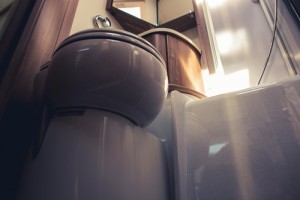 Now that your RV is almost up and running, make sure that your interior is properly freshened up. Open your RV and let the air out to make sure you get rid of all those musty odors. Thoroughly clean all showers, lavatories, sinks, counters, cushions, floors, and carpets and remove all debris and dust and anything else that might cause foul odors. Also, make sure that your RV is completely free of any insects or rodents. Now, all that’s left is to tank it up and hit the road, knowing that your RV is completely ready for the most incredible adventure.
Now that your RV is almost up and running, make sure that your interior is properly freshened up. Open your RV and let the air out to make sure you get rid of all those musty odors. Thoroughly clean all showers, lavatories, sinks, counters, cushions, floors, and carpets and remove all debris and dust and anything else that might cause foul odors. Also, make sure that your RV is completely free of any insects or rodents. Now, all that’s left is to tank it up and hit the road, knowing that your RV is completely ready for the most incredible adventure.
For more about RV care, rentals or purchases, contact us at Travel-More Trailer Sales in Ottawa.
